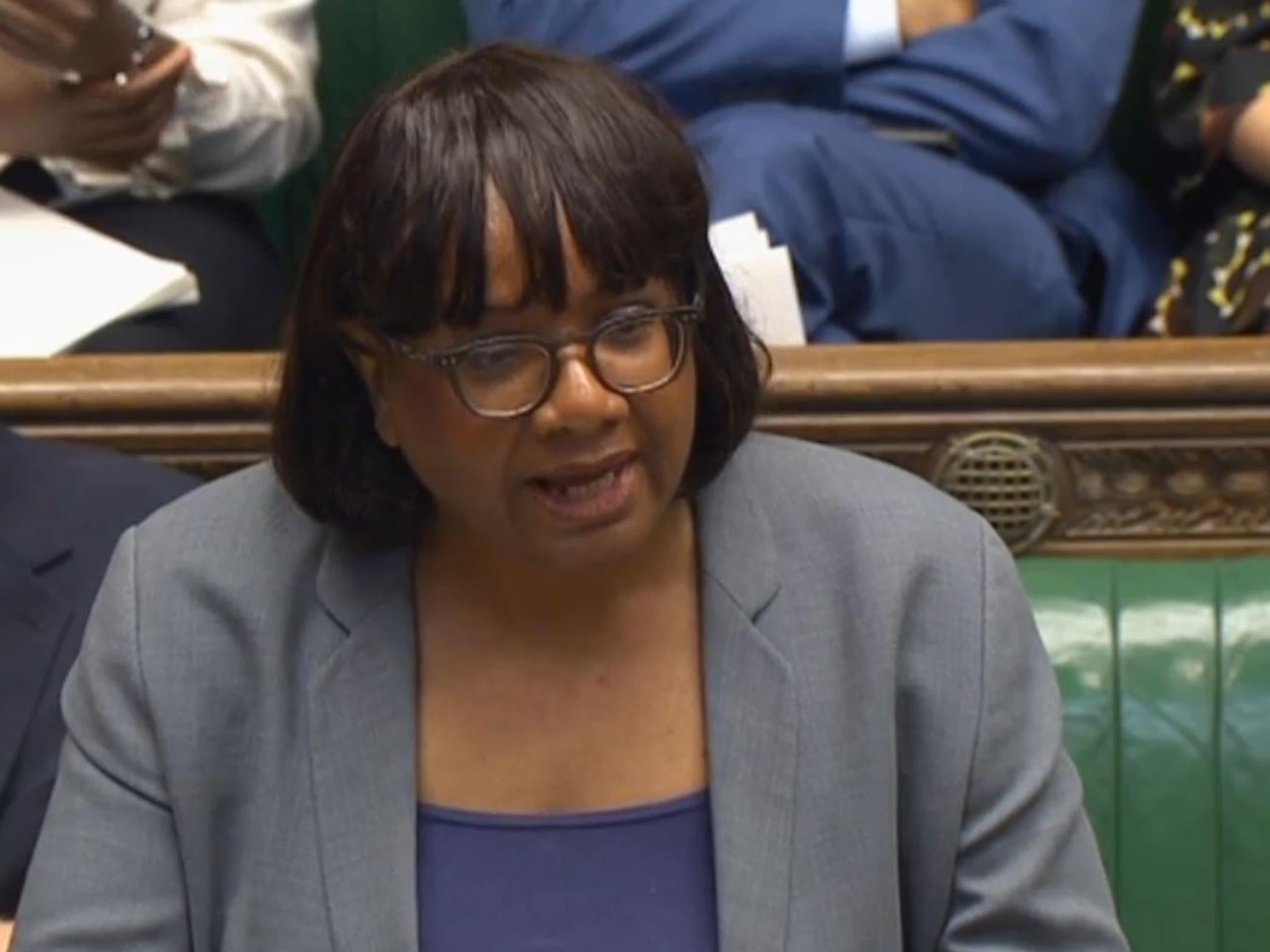Trolls and intimidation putting people off entering politics, committee warns
'We cannot afford to lose people of quality from public life – we may be approaching a tipping point'

Your support helps us to tell the story
From reproductive rights to climate change to Big Tech, The Independent is on the ground when the story is developing. Whether it's investigating the financials of Elon Musk's pro-Trump PAC or producing our latest documentary, 'The A Word', which shines a light on the American women fighting for reproductive rights, we know how important it is to parse out the facts from the messaging.
At such a critical moment in US history, we need reporters on the ground. Your donation allows us to keep sending journalists to speak to both sides of the story.
The Independent is trusted by Americans across the entire political spectrum. And unlike many other quality news outlets, we choose not to lock Americans out of our reporting and analysis with paywalls. We believe quality journalism should be available to everyone, paid for by those who can afford it.
Your support makes all the difference.The level of personal abuse and threats directed at politicians has become so bad it is putting people off wanting to enter the profession, the standards’ watchdog has warned.
Growing levels of intimidation mean democracy has reached a “dangerous moment”, according to Lord Bew, chairman for the committee on standards in public life.
The watchdog is now conducting a wide-ranging review following claims MPs and candidates from across the political spectrum are facing increasing levels of personal abuse online.
Women in particular appear to be regularly subjected to sexist insults and threats, which are taken more seriously following the murder of Jo Cox last year.
“We are in a bad moment and we have to respond to it,” Lord Bew told BBC Radio 4’s Westminster Hour.
“We cannot afford to lose people of quality in our public life, and we may be approaching a tipping point.”
Prime Minister Theresa May has asked Lord Bew to examine whether existing laws need to be tightened up following the general election campaign in which multiple candidates were victims of online abuse and threats.
Labour candidate Emily Owen, who stood unsuccessfully in Aberconwy, said it was about a week after she announced her candidacy that abusive messages began coming through.
Ms Owen, one of the youngest candidates at 22, told the BBC: “They quickly became very explicit, with people saying exactly, explaining in great detail what they wanted to do to me with or without my consent, asking lots of questions, what I would do to get votes, lots of things.
“I spoke out about this quite quickly, because I think it’s something really important.
“The media then picked up on it, which was great…and I had lots of young girls messaging me, saying: ‘Oh my goodness, this is what’s happening to us as well.’ And it was really normal, they were going: ‘Yeah this happens all the time’…You know, that’s not normal behaviour.”
Labour MP and Shadow Home Secretary Diane Abbott told the Committee she had been subjected to a tidal wave of racist and sexist abuse.
“We are not talking here about robust debate...we are talking about mindless abuse, and in my case the mindless abuse has been characteristically racist and sexist.
“I’ve had death threats, I’ve had people tweeting that I should be hung, if, ‘they could find a tree big enough to take the fat b****’s weight’, [people using the] hashtag, burn Diane Abbott, I’ve had rape threats, I’ve been described as a pathetic useless fat, black piece of s***, ugly fat black b****, and n*****, n***** over and over again.”
Ms Abbott added that while her experience of online abuse has intensified recently, it has been a reality of her existence ever since the development of social media.
”Thirty years ago when I first became an MP, if you wanted to attack an MP, you had to write a letter, usually in green ink, you had to put a stamp on it, and you had to walk to the post office. Now they press a button,” she said.
“I think as well as the rise of online, anonymity is the thing.
“People would not come up to me and attack me for being a n***** in public.”
She added: “I accept that male politicians get abuse too, but I hope the one thing we can agree in this chamber is that it is much worse for women.”
Lord Bew defended Labour leader Jeremy Corbyn, who some critics have accused of being slow to condemn the online abuse of some MPs and candidates.
The peer said it was “absolutely clear” that Mr Corbyn believed there was no place for abuse in public life – but said that all political leaders needed to speak up more on the issue.
He added that the committee will not rule anything out, but can only make recommendations to the Government. Its findings are due by the end of the year.
Join our commenting forum
Join thought-provoking conversations, follow other Independent readers and see their replies
Comments